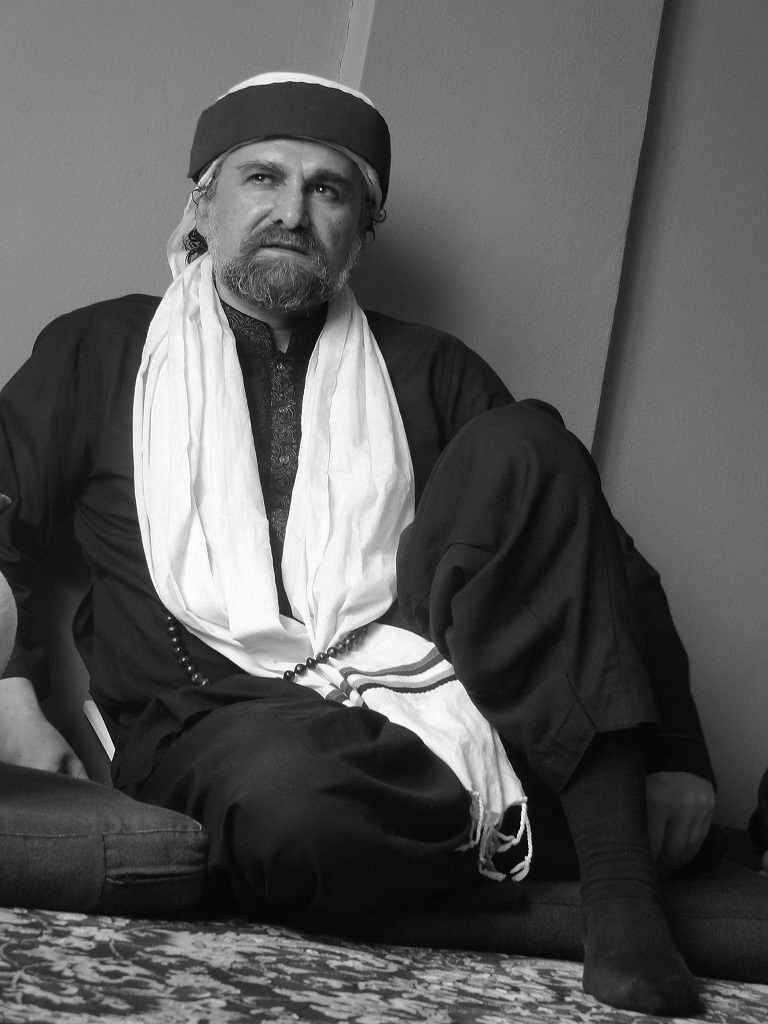
Sufism, also known as Tasawwuf, is a spiritual path within Islam that emphasizes inner purification, love for the Divine, and the pursuit of spiritual realization.
Sufism is not merely a set of rituals or external observances; it is a profound journey into the self, leading to a complete transformation of the heart and soul in line with divine love and wisdom.
The sufism stress the importance of a direct, personal experience of Allah, which is achieved through purification of the heart and adherence to the Sunnah (the way of the Prophet Muhammad). This transformation is seen as a return to the fitrah, the primordial human nature, which is pure and inclined towards truth and goodness.
The Sufis also emphasize the role of the Shaykh or spiritual guide in the Sufi path, who is seen as essential in guiding the seeker through personal example, wisdom, and spiritual transmission.
The relationship between the Shaykh and the disciple is based on love, respect, and commitment, and is considered a vital component of the spiritual journey.
The economic and social aspects of life are not neglected in the true Sufism; rather, they are integrated into a holistic understanding of spirituality. The Sufis advocate for a lifestyle that reflects Islamic principles of justice, charity, and concern for the well-being of all creation. This includes challenging modern materialism and promoting a sustainable, ethical way of life that honors the rights of people and the natural world.
In their teachings, there is a strong emphasis on the community or brotherhood of believers, seeing the spiritual journey as one that is both personal and communal. The community is important for support, learning, and living out the ethical and spiritual values of Islam in daily life.
They envision Sufi communities as centers of spiritual learning and moral excellence, contributing positively to the wider society and embodying the principles of love, service, and unity that are central to the Sufi path.







